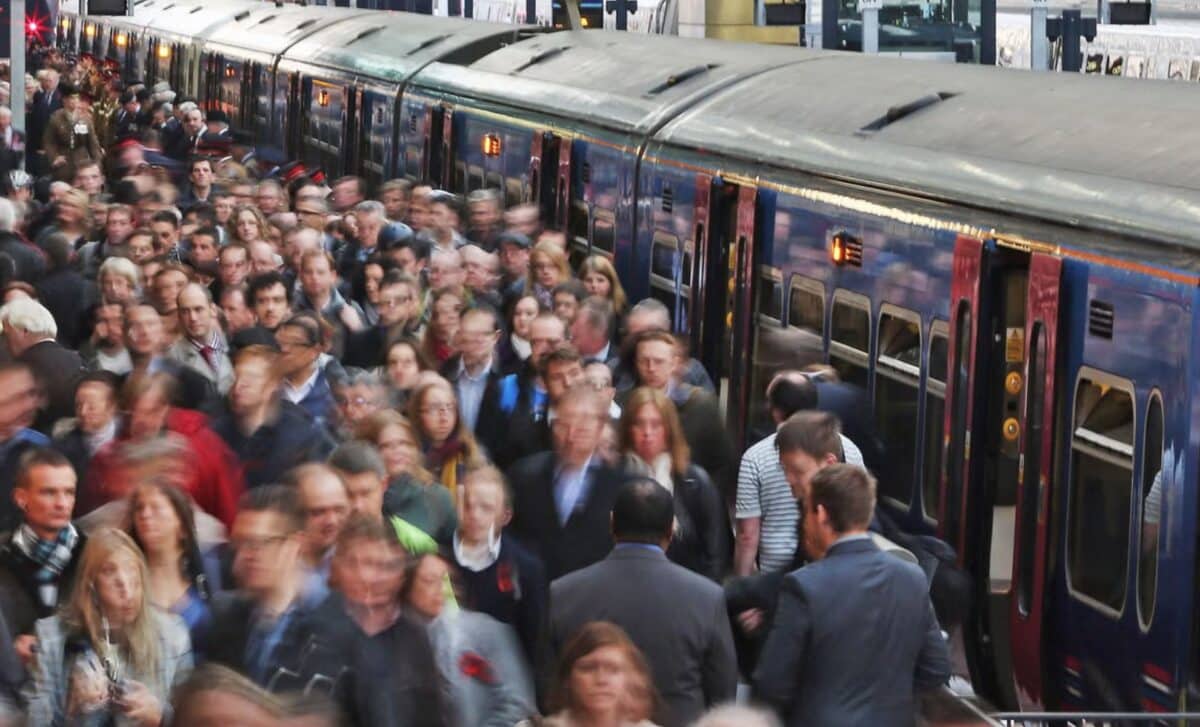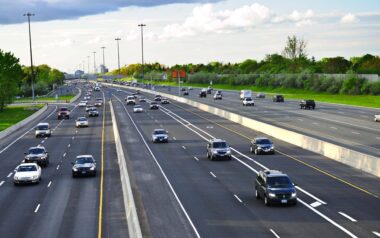Compensation provided for UK rail passengers for train delays has hit new highs, with yearly payouts exceeding £100 million and the number of claims for cancelled or delayed trains continuing to rise.
UK Rail Passengers’ Compensation Hits £101.3 Million
Compensation payments for train travellers for disrupted journeys totalled £101.3 million in the fiscal year ending April 2023, up 155% from £39 million in 2021-22.
According to the most recent official figures from the rail regulator, the Office of Rail and Road, the financial hit is anticipated to be far bigger in 2023-24. The amount of accepted claims recorded across all rail operators in Britain until early January – 4.6 million – surpassed the previous year’s total with many months to go.
While the compensation amount represents a partial recovery in train travel following the Covid issue, the rising statistics much outpace the 40% increase in passenger numbers.
In the previous year, about 320,000 train services in the United Kingdom have been cancelled or partially cancelled. Strikes, staff shortages, damaged rail infrastructure, and technical issues on trains all contributed to a year of disruption and delays on the railways. Labour claimed it demonstrated that taxpayers were “carrying the can” for deteriorating rail services.
Though widespread rail reform has been promised, under current contracts, the reimbursement bill is covered by the public – the government pays operators a management charge regardless of performance and bears the expense of revenue loss.
The settlements for delays included only planned services, as trains that are removed from the timetable normally do not trigger compensation—a provision that has received enormous criticism on lines such as Avanti West Coast and TransPennine Express.
The soaring bill is due in part to an increase in automated payouts. During disruptions, several train operators now give instant reimbursements to passengers who booked prior journeys through their websites, as well as registered season ticket holders. The sector has also improved its response to complaints, with more than 99% of claims settled within 20 days.
Labour Criticizes Rail Operators as Compensation Soars
Labour claimed that some of the worst cancellation operators were being rewarded for their failures. Last year, authorities handed contract extensions to CrossCountry and Avanti West Coast’s parent businesses, which paid out millions to shareholders.
The shadow transport secretary, Louise Haigh, stated: “Thanks to this government, it makes no difference to the management fee private rail operators receive if services are delayed or cancelled – they pick up a lucrative, publicly funded cheque regardless. It is the taxpayer forced to carry the can for our broken, dysfunctional rail network.”
Labour has stated that if elected, it will return train operations to public ownership once contracts expire.
A representative for the Rail Delivery Group, which represents train operators, apologised for all those affected, adding: “When train delays or cancellations do occur, it’s important that customers know how to claim for compensation. We have taken steps to simplify this process and the ORR [Office of Rail and Road] data confirms that 99.5% of all delay compensation claims were closed within 20 working days.
“Performance on the railway is not as good as it should be. The rail industry is working hard to make trains more reliable, and we’re recruiting and training new staff to improve resilience.”









